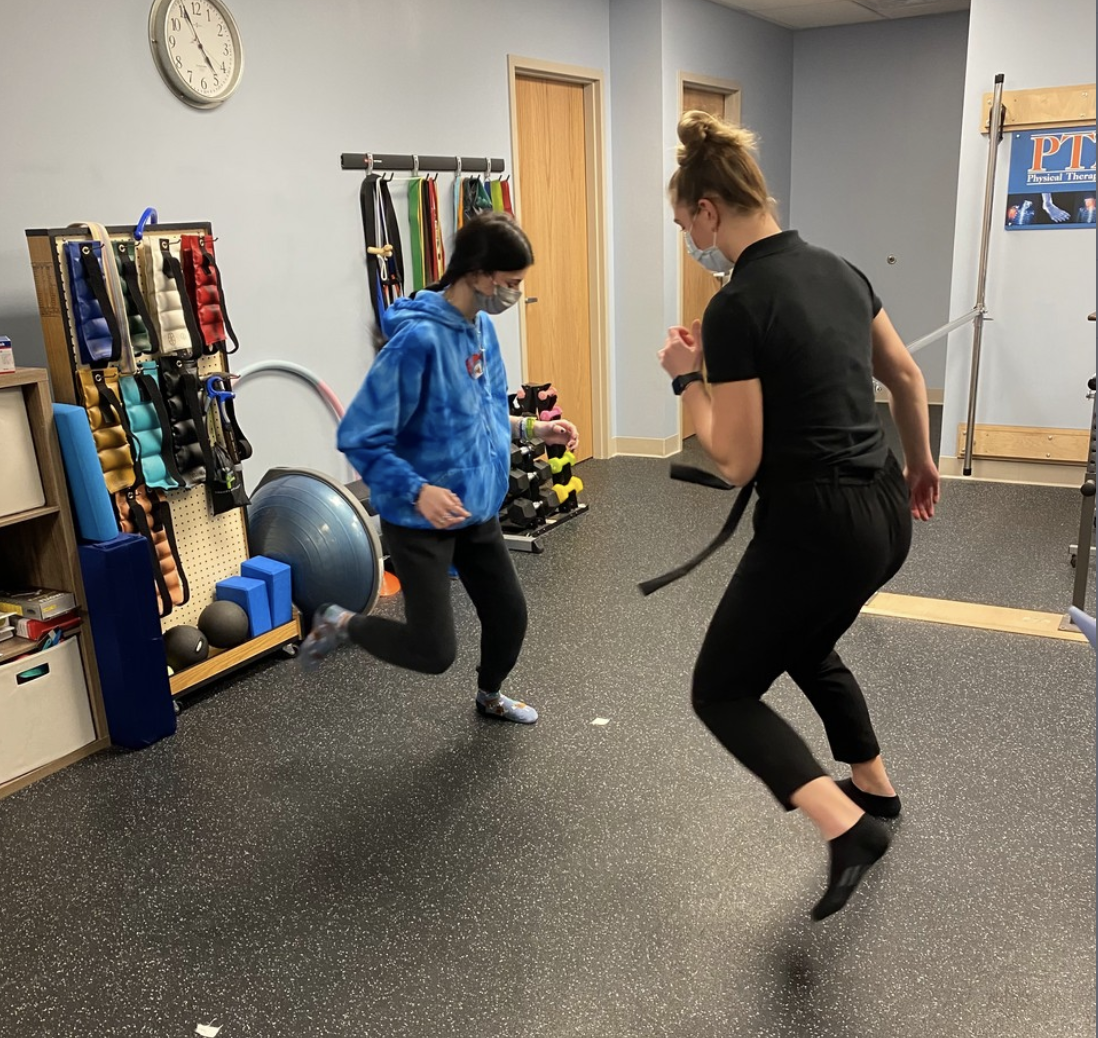
When patients enter our clinic for an examination of their knee one of the major questions that a patient has is “Do I need to have shots or surgery?” Sometimes the answer is “yes” but most of the time the answer is “no…….but you need help for this to be a NO!”
There are many steps before either of those things have to happen and there are a lot of times where persistent knee pain is completely eliminated with the appropriate non-invasive care. Let me explain. So the body looks a pain in a way that it’s telling you that there’s something wrong.
So you’re getting signals from your brain that something’s wrong with your knee. But this doesn’t tell you specifically what is wrong it just points to the part of injury where it’s telling you to do something about it and sometimes pain is not at the source of where the problem really is.
The second sign that you are having persistent knee problems is that your knee doesn’t fully move. It doesn’t go all the way to the ends of full flexion that we call it full extension. It should been fully. And if there is pain within the range of motion, then most likely you’re having signs of persistent knee problems.
The third sign that you may be having knee problems is the inability to stand or walk or exercise without knee pain. You should be able to do this activity without having aggravating symptoms, afterward or during performance. Also, there should be no swelling that pockets the knee. So if these are things that are happening, then you most likely are suffering some persistent knee pain.
Well, there you have it. There are three signs that you are having persistent knee pain. If you have any questions about any pain, you can type pain below, and we’ll answer those directly. Pain and knee problems are very specific to the individual. If you would like a comprehensive look at your knee or if you’re having problems with your specific knee, then you can call for an evaluation.
Our number is (412) 794-8352. I hope you found this valuable and have a great day!

Michael Ricchiuto MTP, EMT-P
Physical Therapy Now




Great Post! It’s crucial to seek medical advice to receive an accurate diagnosis and appropriate treatment. A healthcare professional, such as a primary care physician, orthopedic surgeon, or sports medicine specialist, can perform a comprehensive evaluation, order diagnostic tests if necessary, and recommend a tailored treatment plan to address the underlying cause of your knee pain and help you regain function and mobility.